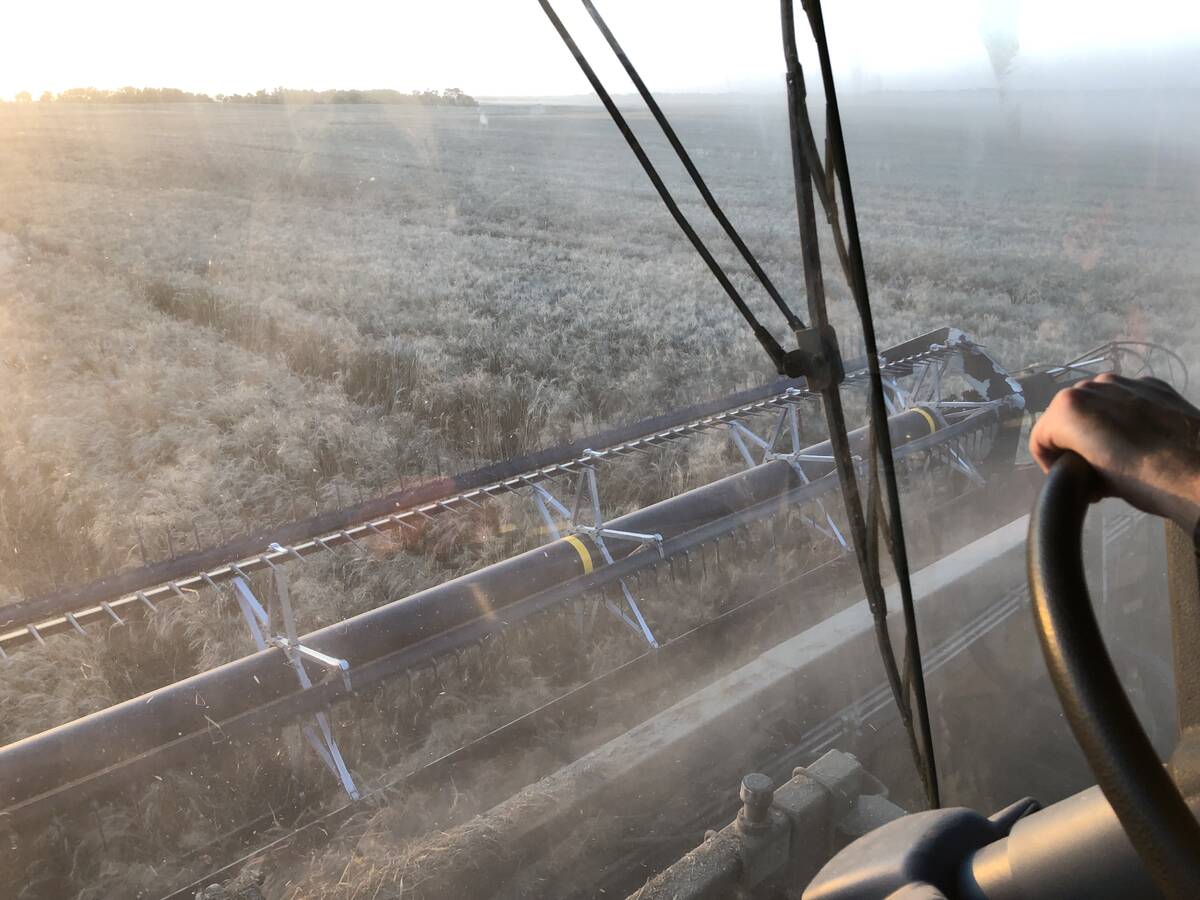Saskatchewan’s 8,400 nurses went on strike April 8 and were ordered back on the job that same day.
However nurses were defiant and remained picketing as of 3 p.m. April 12 despite threats of jail or fines for individuals and the Saskatchewan Union of Nurses.
Higher wages, more full-time and fewer casual jobs and pay equity issues among nurses around the province and in comparison to other occupations were the issues in the negotiations between SUN and SAHO, the Saskatchewan Association of Health Organizations. Three months of negotiations had not produced sufficient change, SUN said last week and premier Roy Romanow had stepped in with a day of talking in his office with the heads of SUN and SAHO. His intervention did not convince union members and the nurses went on strike.
Read Also

Mail strike disrupts grain sample delivery
The Canadian Grain Commission has asked farmers to consider delivering harvest samples directly to CGC offices, services centres or approved drop offs as Canada Post strike delays mail.
A back-to-work order was rushed through the provincial legislature that gave the nurses seven percent in wages and benefits over three years with a promise of some attention to the other issues. The nurses, who had begun talks asking for a 22 percent increase, refused to go back. SAHO got a court injunction on the weekend to reinforce the law but those at a SUN rally Monday afternoon remained defiant. At the rally the Saskatchewan Government Employees Union announced its 230 cancer agency workers would go on strike April 13 in support of SUN.
May have company
Meanwhile another health-sector union, the Service Employees International Union that represents 10,000 home care, technical and administrative staff in about half of the province’s health districts, is ready to strike this week if its talks with SAHO fail.
SEIU says it is content with the standard public sector wage increase of six percent over three years but it has concerns over the number of casual jobs in the system and inequities throughout the province resulting from several contracts being merged into one.
Rural health-care districts say they are managing despite the SUN strike by sending patients home, and dealing only with emergency situations.
Jean Morrison, chief executive officer of the Parkland district in northwestern Saskatchewan, said it closed one of its hospitals and reduced its usual patient load by a third.
“A big part of our burden is in the nursing homes.” She said some directors of care have been staying in their facilities since the strike began and sleeping with the assistance of back-up managers.
In the southeast, David McCall, chair of the Pipestone district board, said both sides acted too hastily in striking and denying the importance of the wage issues. He would favor the provincial government giving a “small differential” pay increase to the nurses to recognize their public support and special situation.
McCall said his board was meeting Monday afternoon to decide whether to centralize its patients from four hospitals into one. He said the decision would be made reluctantly since elderly patients are already apprehensive and anxious, but the district’s 17 management nurses have been doing some double shifts and a hospital can’t stay open without a registered nurse present.
















